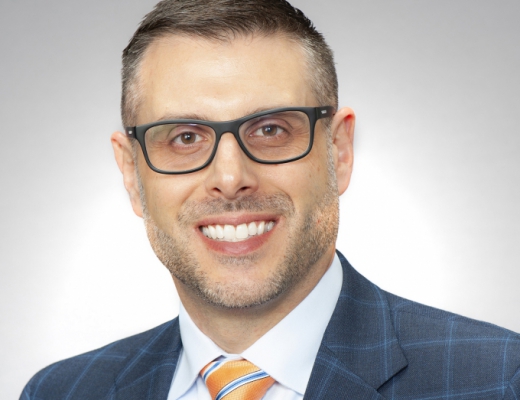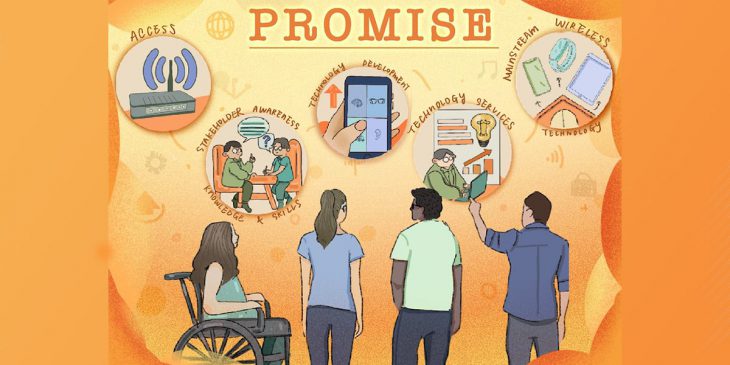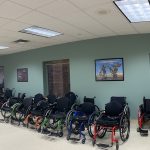We use voice commands for smart devices in our cars, homes and offices to turn on lights, send text messages or call someone. For people with disabilities who require assistance completing daily activities, wireless technologies can improve their ability to control their environment and quality of life – but implementing these systems remains a challenge.
To help overcome these obstacles, the University of Pittsburgh has received a six-year, $4.6 million grant from the Department of Health and Human Services, through the National Institute on Disability, Independent Living, and the Administration for Community Living, to create a Rehabilitation Engineering Research Center (RERC).

Dr. Dan Ding
Many of the project’s key investigators are affiliated with the Human Engineering Research Laboratories (HERL) — a partnership between VA Pittsburgh Healthcare System, the University of Pittsburgh and UPMC.
Pitt’s School of Health and Rehabilitation Sciences (SHRS) will host the RERC, to be named PROMISE: Promoting Mainstream Wireless Inclusion through Technology Services. Researchers hope to improve accessibility and promote mainstream wireless inclusion through technology services.
SHRS’s Dr. Dan Ding, an associate professor and researcher at the HERL, will be the principal investigator.
“This grant is a great platform for engaging diverse investigators and partners in implementing a holistic systems approach for addressing the challenges of wireless technology access and use by people with disabilities,” she said.
Ding acknowledges that smart technologies are advancing at a much faster rate than regulations, reimbursement systems, clinician education and the capacity of people with disabilities and families can keep up.

Dr. Brad Dicianno
Joining Ding as the co-principal investigator is Dr. Brad Dicianno, a professor of physical medicine and rehabilitation at Pitt. They will tap highly qualified investigators with expertise in engineering, rehabilitation training and funding/policy. The researchers will also leverage their close ties with providers, industry and disability organizations.
“I am excited about this project because it brings together a fantastic team of people with disabilities, community organizations, investigators and other stakeholders,” said Dicianno. “The projects provide us with an opportunity to develop better service delivery models for wireless technologies.”









